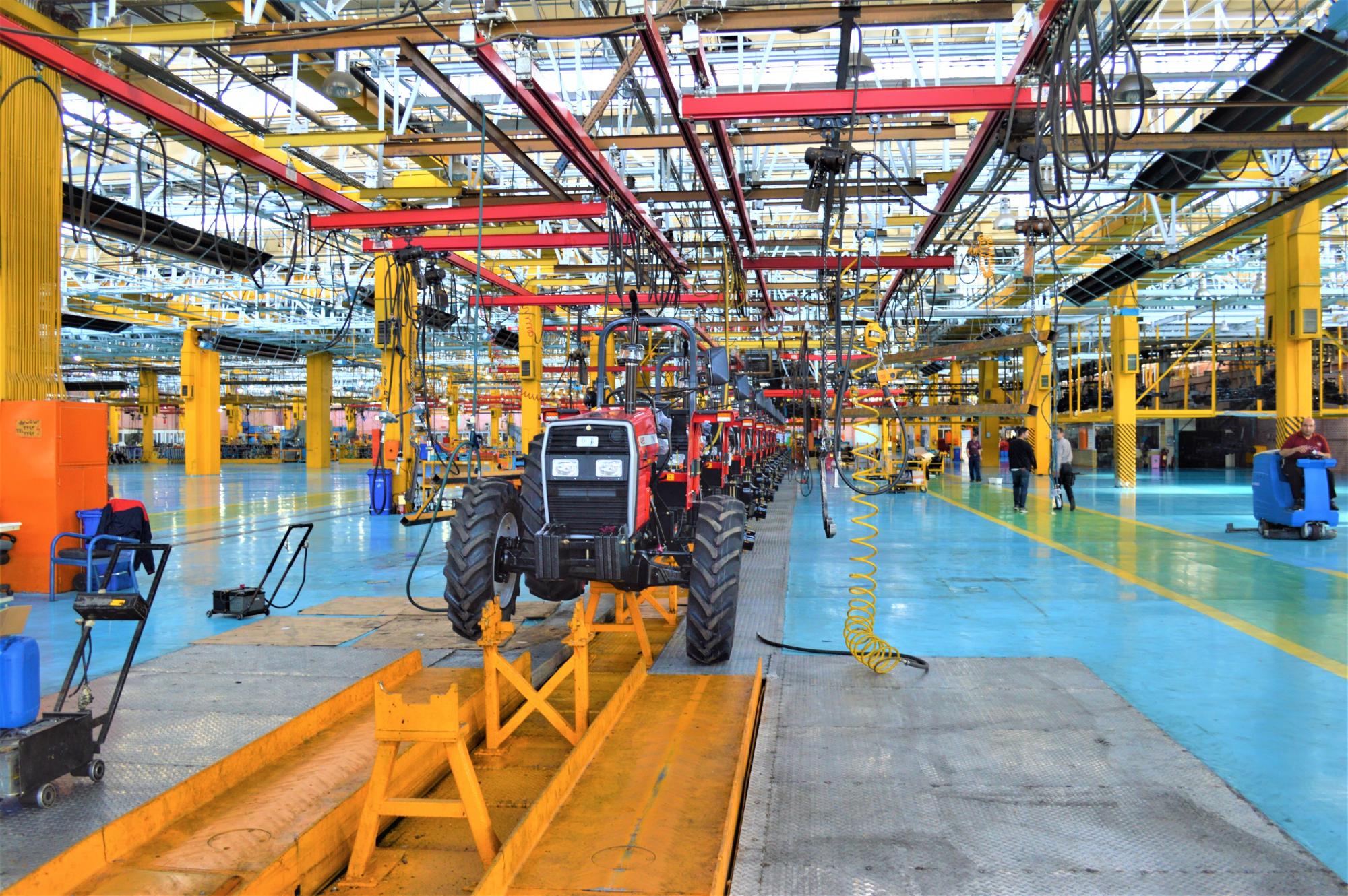Test- FTSE 100 Kicks Off August on a High as BP and Senior Lead Market Momentum
$11
10 Oct 2025, 13:13

Unsplash.com

The sound of whirring machinery is almost deafening as Doritos, Walkers, and Wotsits speed along a conveyor belt at the PepsiCo factory in Coventry, where some of the most popular crisps in the UK are made.
However, there are more than just human labourers trying to detect machine failure signals above the noise of production.
Aside from being trained to identify the sounds of worn-out machinery that could cause production lines to come to a complete stop, sensors mounted on machinery are also keeping an ear out for signs of hardware malfunctions.
After a successful US trial, PepsiCo is implementing these artificial intelligence (AI)-powered sensors, developed by tech company Augury, throughout its factories.
Improving the numbers
AI is considered to play a major part in a new wave of manufacturing, from early design to delivery.
Manufacturers are already benefiting from their capacity to process and analyse massive amounts of data by anticipating and preparing for possible disruptions.
Companies can lose thousands of pounds in a single minute of factory outage, and longer delays may result in missed sales opportunities during peak seasons like Black Friday or the holidays.
Therefore, real-time process analysis and monitoring tools, early warning systems for potential issues, and historical data-driven repair recommendations are becoming commonplace on factory floors.
Huge amounts of audio data were used to train the sensors used in PepsiCo factories, enabling them to analyse machine vibrations and identify issues like conveyor belts and bearing wear.
Workers can schedule maintenance in advance and avoid having to respond to machine errors as they happen thanks to technology that also gathers data and insights into the overall health of the equipment, such as predicting when a machine might malfunction again in the future.
Using AI-powered sensors can also help the business reduce waste in all areas of its operations.
Another kind of AI being used in some factories around the world to identify product flaws on a large scale is computer vision, which teaches machines to identify objects in pictures and videos.
How does it affect workers?
The manufacturing landscape is heavily impacted by the question of what the growing use of AI tools on factory floors and in the wider supply chain will mean for workers.
Some businesses are investigating how artificial intelligence (AI) can be used to protect production line workers from machinery. These businesses use computer vision and machine learning techniques to monitor factory camera feeds and identify potential hazards or accidents.
In the meantime, exoskeletons and other wearables driven by AI are being used in UK warehouses to make sure employees who are required to carry heavy loads on a regular basis don't strain or get hurt.
PepsiCo Labs' global vice president, David Schwartz, states that the company views Augury's sensors and AI in a broader sense as a means of providing greater value for employees and clients, rather than merely utilising them to future-proof its manufacturing facilities.
"It's helping enhance how people work, so we can bring better efficiency to meet the needs of our people, of our customers, and we can be prepared to lean into the future to meet their needs on a daily basis," according to him
(Sources: bbc.co.uk)